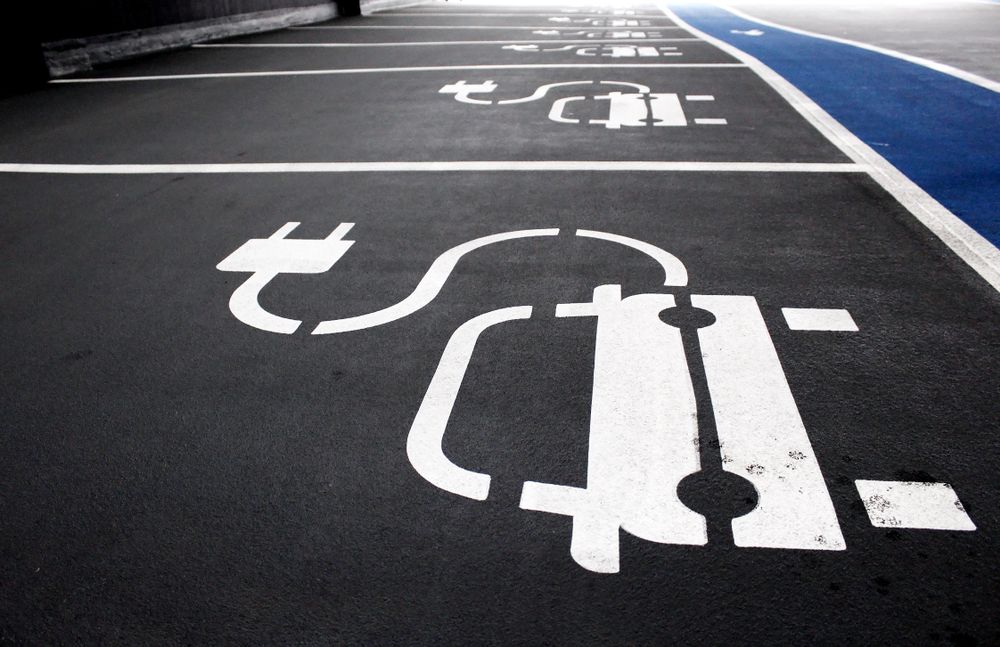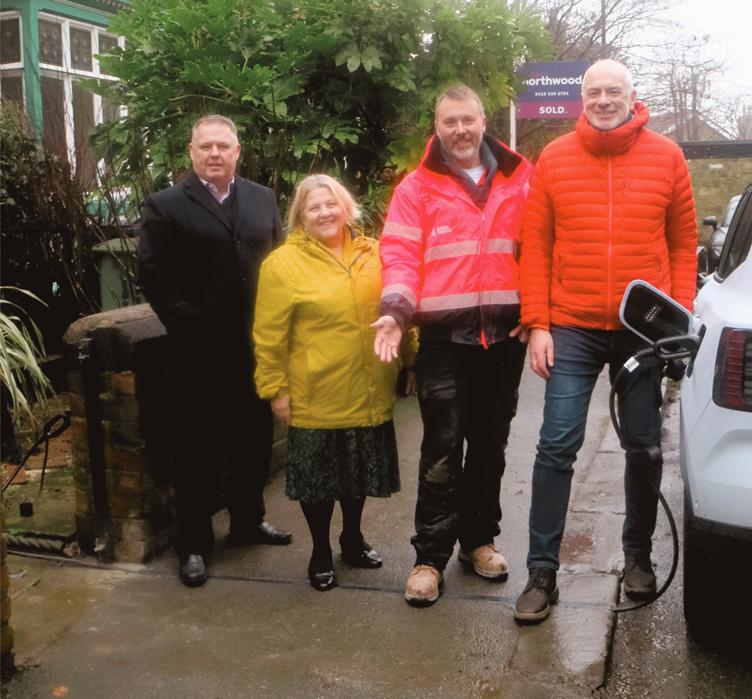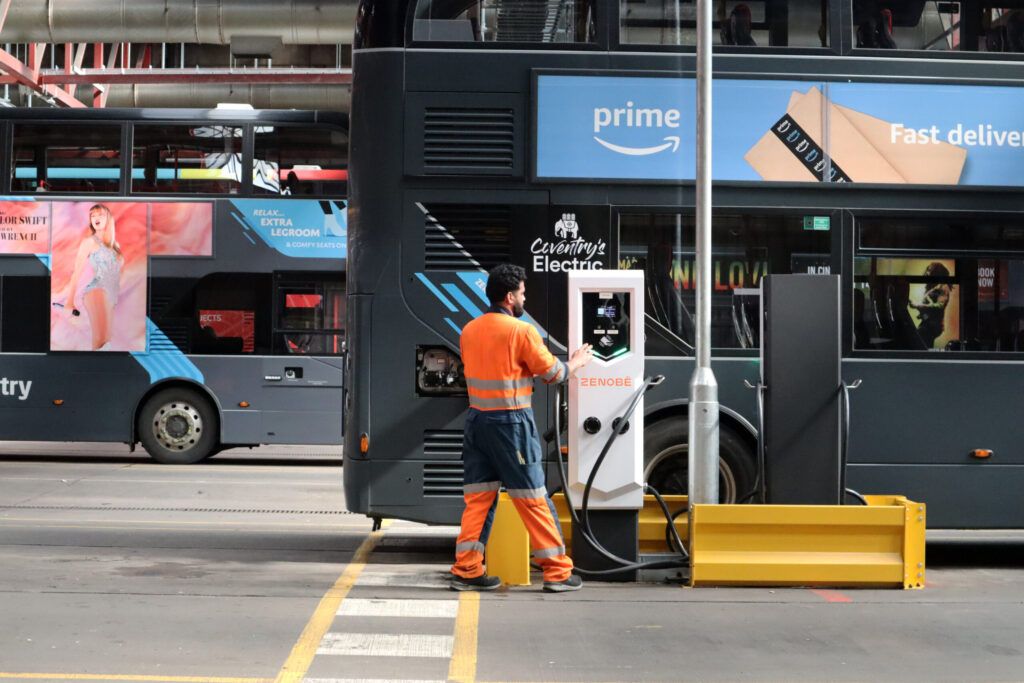The UK Government has dropped the previous administration’s potential £1bn Rapid Charging Fund for motorway and A-road rapid chargepoint infrastructure.
It follows an initial announcement in 2020 by the-then Chancellor of the Exchequer Rishi Sunak to invest in chargepoints at motorway service stations and along major routes, as part of former Prime Minister Boris Johnson’s 10 point plan for a green revolution.
Although never budgeted or formally integrated into Department for Transport spending plans, it has been consistently referenced in the past five years by the previous Conservative administration.
This includes the former transport minister Rachel Maclean, with the Conservatives claiming almost £1bn was set-aside to upgrade the grid for rapid and ultra-rapid charging at strategic locations on the motorway and A-road network.
Pilots for the scheme were also initially scheduled, with the government website closing applications for motorway service area operators of such pilots in early 2024, which was the last time the programme was updated on the Gov.uk website.
In 2022, Transport + Energy reported that expansion of the fund to cover all road transport could deliver enough capacity for on-route HGV charging.
Last year, the-then shadow transport minister Bill Esterson wrote that an incoming Labour administration would use the £950m unallocated funding from the scheme to speed up grid connections, highlighting the T+E report that high power charging targets for motorway service areas had not been met in 2023.
The National Franchised Dealers Association (NFDA) claimed that the scheme, which aimed to install more than 6,000 rapid and ultra-rapid charge points on motorways by 2035, had been dropped due to a lack of interest from motorway service operators, who had deemed it commercially unviable.
NFDA said the availability of reliable and accessible charging infrastructure is critical to the successful rollout of electric vehicles (EVs) across the UK.
Recent polling by Ipsos Mori highlights that concerns over charging infrastructure, rather than range, are now the primary barrier to EV adoption. It said that “charge anxiety” must be addressed to ensure consumer confidence in making the switch to zero-emission vehicles.
But both the NFDA and other organisations welcomed the £400m for on-street charging, which comes on top of a previous £200m commitment by the UK Government to accelerate charging infrastructure.
Sue Robinson, Chief Executive of the National Franchised Dealers Association (NFDA), said:
“It is disappointing to see the failure of the Rapid Charging Fund, as a robust charging infrastructure is essential to support the growing number of EV drivers.
“Franchised dealers play a key role in guiding consumers through the EV buying journey, but without sufficient charging points, many drivers remain hesitant to make the switch.
“The government must work closely with industry to ensure that future initiatives are practical, commercially viable, and meet the needs of both motorists and businesses.
Ian Johnston, chief executive of Osprey Charging told The Guardian:
“New funding should be more effectively deployed on projects in prime locations where the grid connection costs render the site unviable whether A roads, underserved regions or the small number of motorway locations with unviable grid rather than gifted to all motorway sites regardless of the costs, as was envisaged under the RCF.”
John Lewis, the chief executive of char.gy, said:
“The key question now is: couldn’t the full amount have been directed towards the EV effort – whether through the continued rollout of on-street charging or other consumer incentives – to give people greater confidence to make the switch to electric?”
Quentin Willson, the founder of FairCharge, said:
“Withholding unused RCF funds and not diverting them towards other EV charging initiatives isn’t a great look for government.
“It opens them to the obvious questions about their commitment to the EV transition.”
Image from Shutterstock












